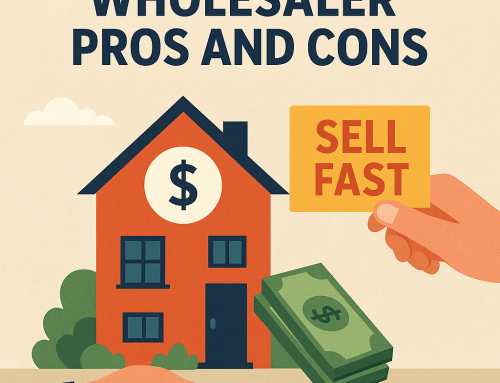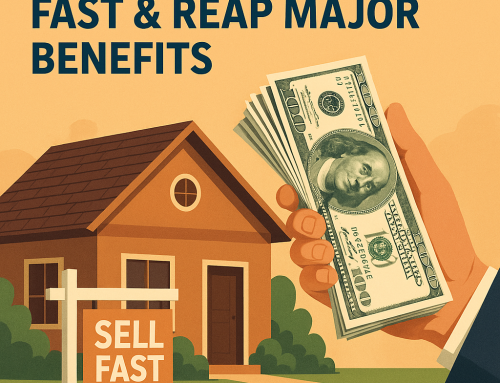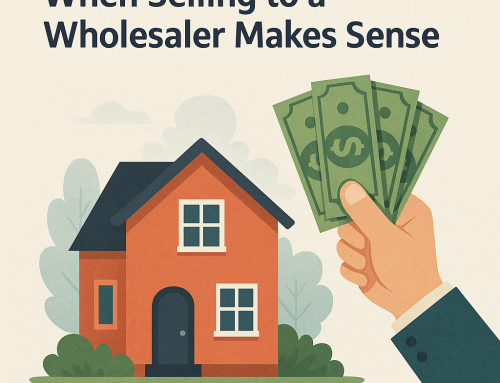- Understanding Why Your Home Isn’t Selling Quickly
- Pricing It Incorrectly
- Poor Presentation Matters
- Location and Neighborhood Factors
- Marketing Strategy Limitations
- Timing and Seasonality
- Insufficient Upgrades
- Local Market Conditions
- Conclusion
Understanding Why Your Home Isn’t Selling Quickly
In today’s competitive real estate market, many homeowners find themselves asking why their property isn’t moving as quickly as expected. With the allure of offers from companies offering cash for home, the urgency to sell fast can intensify. However, certain factors may hinder your home from attracting potential buyers. Let’s explore some common reasons your house might be sitting on the market longer than anticipated.
Pricing It Incorrectly
One of the most significant factors in selling a home quickly is pricing. Overpricing can deter buyers who may perceive the house as a financial burden, while underpricing can lead to undervaluation concerns. Conducting a comparative market analysis (CMA) to understand similar homes in your area can guide you in setting a competitive price that encourages buyers to act quickly.
Poor Presentation Matters
First impressions are crucial in real estate. If your home isn’t staged well or isn’t visually appealing, prospective buyers might lose interest before they even step inside. Simple improvements like decluttering, deep cleaning, and even minor renovations can dramatically affect your home’s allure. Remember, a well-presented home can tempt buyers and lead to quicker offers.
Location and Neighborhood Factors
The desirability of your home’s location plays a significant role in the selling process. Factors like school districts, proximity to amenities, and overall neighborhood safety can all impact buyer interest. If your neighborhood has seen a decline in desirability, it might become essential to highlight any unique features of your home that can outweigh location drawbacks, such as a large backyard or updated kitchen.
Marketing Strategy Limitations
In today’s digital age, the way a property is marketed can significantly influence selling speed. If your home listing lacks professional photography, engaging descriptions, or isn’t shared widely across platforms, you may miss out on interested buyers. Enlisting a real estate agent with a solid marketing strategy or engaging social media campaigns can increase visibility and accelerate interest.
Timing and Seasonality
Real estate often has its seasonal trends. Certain times of the year, such as spring and early summer, tend to attract more buyers, while fall and winter may see a decline. If you’re trying to sell during a less favorable time, patience may be necessary. Understanding local market trends can help you choose an optimal selling strategy or even determine whether to wait for a better season.
Insufficient Upgrades
Buyers often look for move-in-ready homes that require minimal immediate work. If your house has outdated appliances, old fixtures, or needs major repairs, it may not attract as many buyers. Investing in upgrades or repairs can enhance your home’s appeal, making it easier for potential buyers to visualize themselves living there.
Local Market Conditions
Market conditions, such as the rate of interest or the local economy, can significantly impact buyer behavior. In fluctuating markets, home sales can slow down. Awareness of these conditions can help you adjust your expectations or tweak your selling strategy accordingly.
Conclusion
If you’re struggling to sell your home quickly, it’s essential to assess these critical factors that might be at play. From pricing and presentation to local market conditions, understanding these elements can provide insight into why your property isn’t receiving the attention it needs. With careful consideration and possibly some adjustments, you can improve your chances of selling your home fast and, if necessary, even explore options that offer cash for home transactions to expedite the process.




